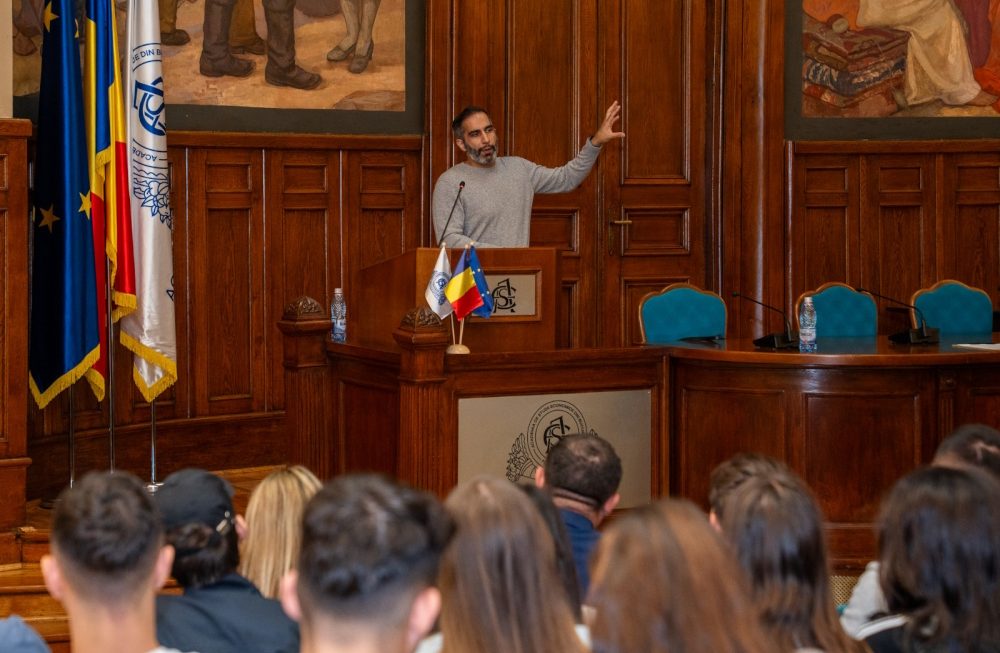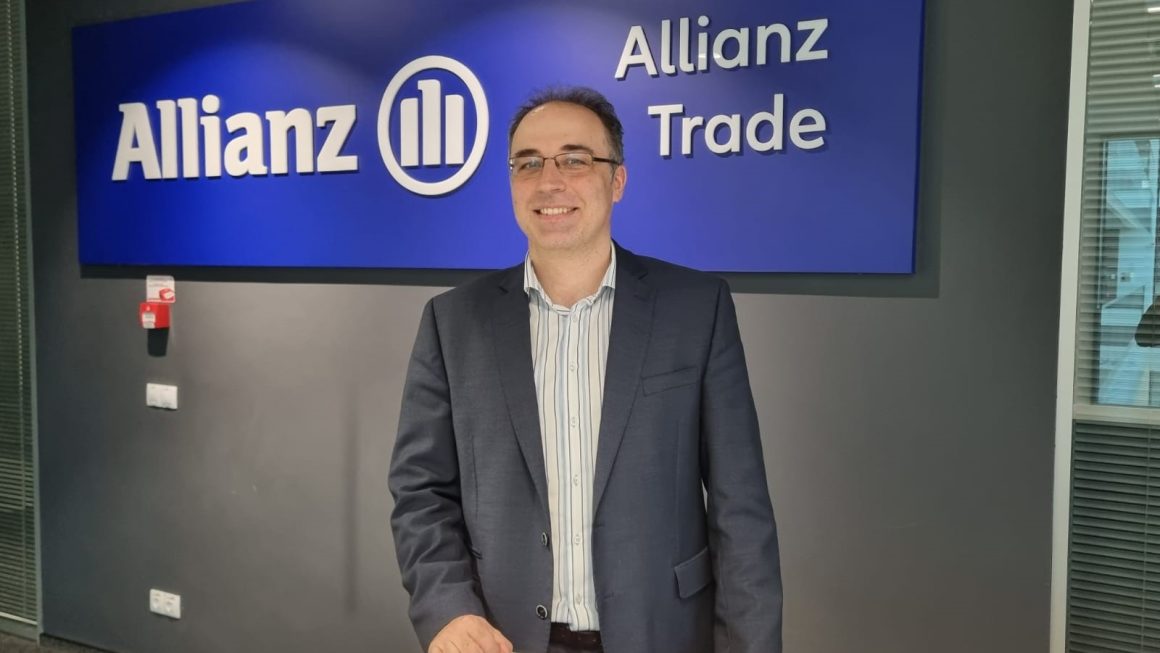
In bed with the rivals
Foto: vladem / depositphotos.com
There are and will be many victims of Russia’s war against Ukraine, but the biggest may be the Comprehensive Agreement on Investments between the European Union and China. The ratification of this document was not a simple operation even before the war: it took seven years to negotiate it, but after it was announced at the end of 2020, the European Parliament voted in May 2021 to suspend ratification efforts. The main disagreement at that time was the mutual sanctioning of diplomats and institutions, with Beijing targeting five European officials after Chinese representatives and authorities were sanctioned by several Western countries in response to the Chinese government’s treatment of the Uighurs in Xinjiang. The European Commission called Chinese retaliatory sanctions targeting Members of the European Parliament and an entire parliamentary committee unacceptable and regrettable and said that the prospects for ratification will depend on how the situation evolves.
And the evolution is, to put it mildly, not exactly favorable. On April 1st, the two sides met on the highest level over video links, the Russian war and the international sanctions against Russia looming over the discussions. Brussels criticized China for siding with Russia, there was no progress on the topic of the Uighur minority, and Chinese trade sanctions against Lithuania because of Vilnius’ closer ties with Taiwan were also a heavy burden. At this point, the Agreement seems downright doomed, even if the leaders on both sides pledged to continue talking.
For the western world, the war in Ukraine may change optics towards investments from China in a more general way as well. For years now, in the USA and the European Union, disquiet over Chinese companies buying strategic assets already has become more vocal. While in the developing world infrastructure projects built with money from Beijing and Moscow are being viewed more favorably, western countries are skeptical. For instance, in 2019, a survey conducted by the German business think tank ifo from Munich found out that in the EU and the USA about three quarters of respondents saw Chinese investments as slightly or evidently negative. With the war other more significant things than feelings could hang in the balance. Ownership and control over strategic sectors and resources is a vital issue.
In the Balkan area alone, over 130 projects worth at least 32 billion euros are linked in one way or another to China, the regional journalism network BIRN found out.
Chinese companies are also heavily invested in Western European infrastructure. For example, port operators are spearheading Beijing’s Belt and Road Initiative. According to the Mercator Institute for China Studies (Merics), Chinese firms control 10 percent of European shipping. One of the main Chinese firms involved in European ports is COSCO, the only operator that is also a shipping carrier. COSCO is the only state-owned Chinese actor with controlling shares in European terminals. In 2016, the Greek government sold its majority stake in the Piraeus Port Authority (PPA) to COSCO, as Greece was under pressure to repay debt to the EU and International Monetary Fund.
Chinese operators have stakes in many European Ports like Hamburg, Rotterdam, Valencia or Zeebrugge, but are involved in US-installations like Los Angeles, Miami, Seattle, or Houston as well.
Things may change, however. According to a recent study published by Merics and the Rhodium Group, Chinese outbound investment to the rest of the world stalled in 2021 – while overall global FDI rebounded strongly, Chinese outbound FDI edged up by just 3% to 96 billion euros. Outbound M&A activity by Chinese companies slipped in 2021 to a 14-year low, with transactions totaling just 20 billion euros, down 22% from an already weak 2020.
China’s FDI in Europe (EU-27 and the UK) increased but remained on its multi-year downward trajectory. 2021 was the second lowest year (above only 2020) for China’s investment in Europe since 2013. At a first glance, Chinese involvement in Europe may have indeed increased 33 percent to 10.6 billion euros, but the increase was massively driven by a 3.7 billion euros acquisition of the Philips home appliance business by Hong Kong-based private equity firm Hillhouse Capital. Another relevant trend in the new international security context is that the share of Chinese state-owned investors fell to a 20-year low in Europe. Compared with 2020, investment by state-owned enterprises decreased by 10 percent. Their share of total Chinese investment also reached its lowest point in 20 years, at 12 percent. Investment through actors owned by the Chinese state was concentrated in energy and infrastructure, particularly in southern Europe.
Chinese investment in Europe is unlikely to rebound in 2022, claims Merics. The Chinese government is expected to stick to strict capital controls, financial deleveraging, and COVID-19 restrictions. The war in Ukraine and expanding screening regimes and scrutiny of Chinese investment in the EU and the UK will create additional headwinds.
But the nature of Chinese investment in Europe is also changing. After years of being dominated by M&A, Chinese investment in Europe has become more focused on greenfield projects. And Chinese venture capital (VC) investment is pouring into European tech start-ups. In 2021, Chinese VC investment in Europe more than doubled to the record level of 1.2 billion euros. It was concentrated in the UK and Germany, and focused on a handful sectors including e-commerce, fintech, gaming, AI and robotics, Merics notes.
When talking about Chinese (and, of course, Russian) investments abroad, there is also a more philosophical question to take into account: does in countries like Russia or China the distinction between state owned companies and private companies even make sense?
Increasingly, European Union member states and the US tend to err on the side if caution when answering this. Take telecom-giant Huawei. Romanian President Klaus Iohannis signed a memorandum during his visit to the USA in 2019 that makes it virtually impossible for the Chinese to participate in the profitable 5G business here. The USA and Romania want to have the supplier companies for the 5G networks subjected to a strict audit. The aim is to check whether the respective company is under the control of the government of another state without legal recourse, whether it has a transparent shareholder structure and whether ethical business conduct is documented for the company, and it is operated under a legal system that prescribes transparent corporate practices.
And this does not only concern the telecom sector: one of the harshest regime for investment screening altogether will be established in Romania. The domestic Romanian Intelligence Service (SRI) and the Foreign Intelligence Service (SIE) will have a say in approving FDI from outside the European Union, according to an emergency decree from late April. The act enforces European Regulation 452/2019 for the protection of essential interests of public security and public policy, and establishes a Commission for the Examination of Foreign Direct Investment (CEISD), in which the SRI and SIE as permanent guests will – if requested – give opinions. To fall under the Commission’s scrutiny, investments will have to exceed the value of 2 million euros, but, by exception some investments that do not reach this threshold but “by nature or potential effects may have an impact on public security or order may also be subject to verification.” Key areas include energy, infrastructure, vital supply systems, security of information and communication systems, etc. The members of the Commission will be representatives of the Prime Minister, the Competition Council, the General Secretariat of the Government and the Ministries of Economy, Tourism, Transport, Digitalisation, Finance, Defence, Interior, Foreign Affairs, Health.
There is also a separate provision in the act for investment in the media. Thus, the foreign investor who wants to make an investment in this area must make transparent the information about the foreign investment and it will be subject to public consultation.
If this sounds a bit exaggerated, just remember the so-called Ibiza-Gate, which sent shockwaves through the Austrian system of government: in May 2019 a secretly recorded video surfaced, showing the then opposition politicians Heinz-Christian Strache and Johann Gudenus from the Freedom Party discussing in 2017 in Ibiza with a woman calling herself Alyona Makarova, posing as a niece of Russian businessman Igor Makarov. The lady suggested she might buy the tabloid Kronen Zeitung and help broker favorable reporting on the Freedom Party in return for lucrative government contracts. The scandal caused the collapse of the Austrian governing coalition in May 2019, and in a no-confidence vote, Sebastian Kurz was voted out of office as Austrian chancellor by Parliament.
With a special regime like the Romanian system in place, the offer would have been moot – and Chancellor Kurz might have kept his job.
Alex Gröblacher
Share
Share















